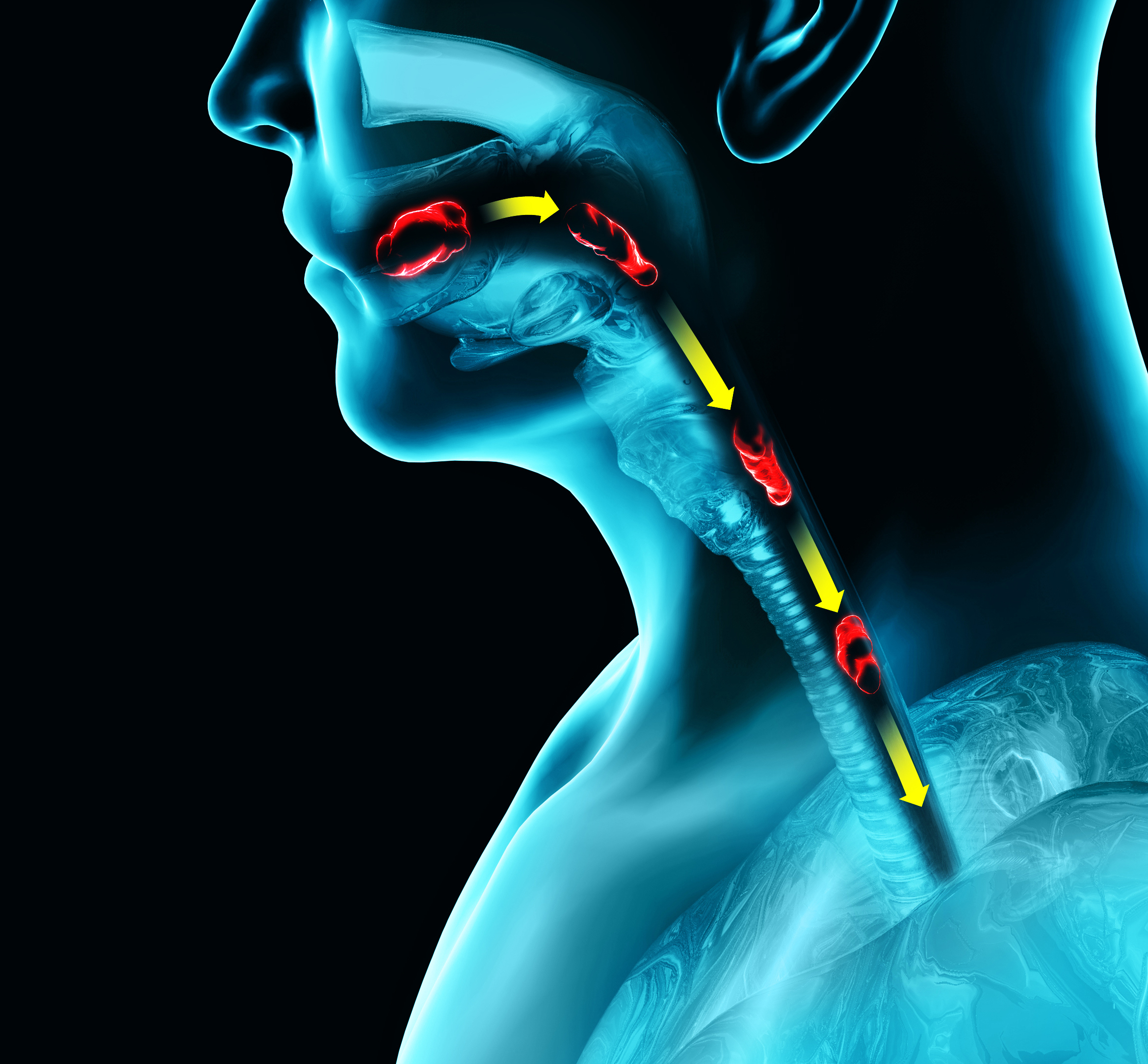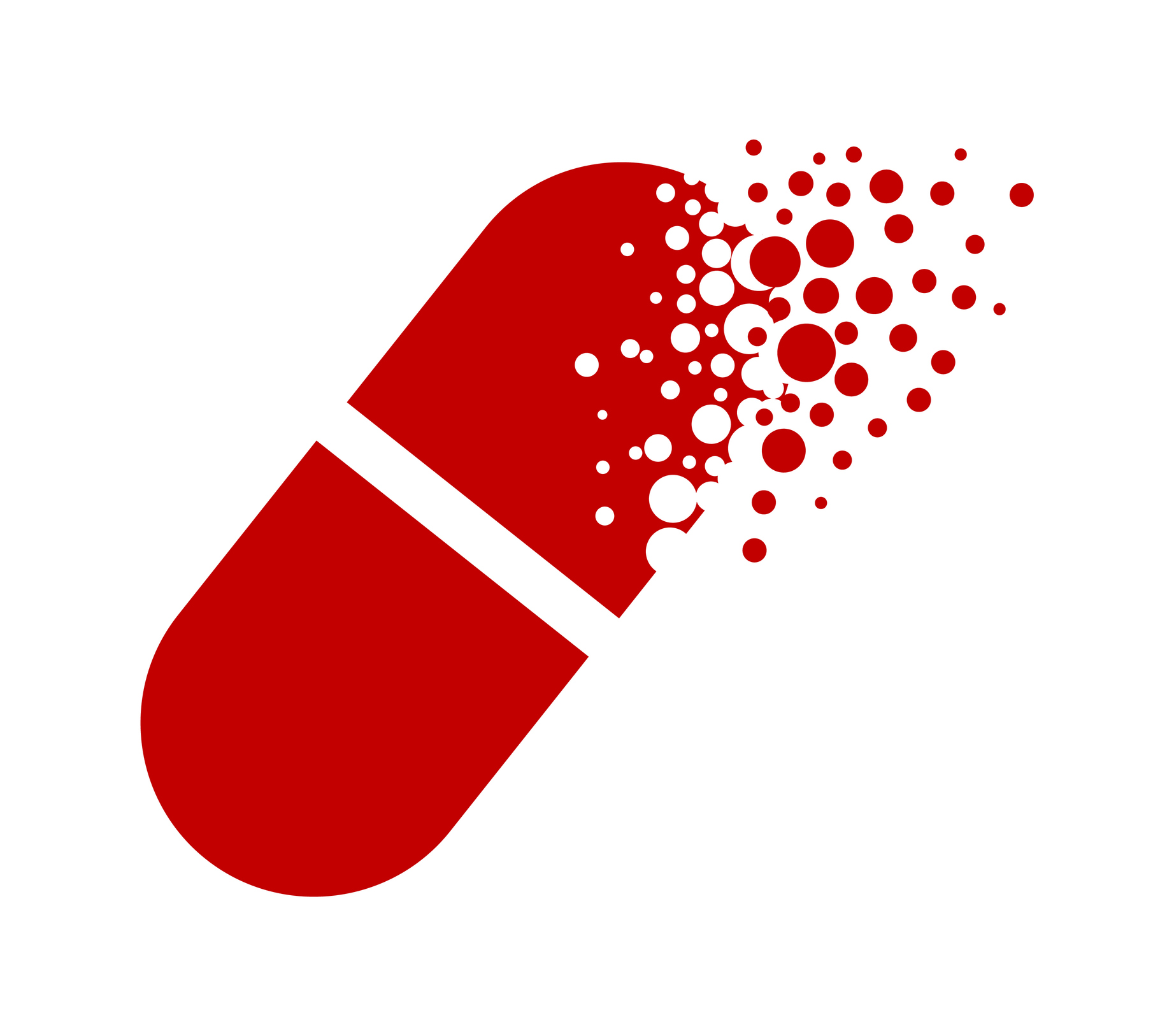Digestive Disease Week 2024
Conference Highlights
To Treat or Not to Treat Asymptomatic Patients with Eosinophilic Esophagitis – The Debate Continues
Should individuals who become symptom-free after induction therapy for eosinophilic esophagitis (EoE) continue life-long treatment? This year’s Digestive Disease Week meeting provided an arena for a “gloves-off” debate in which experts in the treatment of EoE addressed both sides of the argument.
May 21, 2024
Read moreBudesonide Oral Suspension Is a Promising Therapy for Young Children with Eosinophilic Esophagitis
The twice-daily novel formulation of the corticosteroid budesonide may change health outcomes for young people diagnosed with eosinophilic esophagitis (EoE). Results from the PEDEOS-1 study showed that budesonide oral suspension (BOS) improved clinical, histologic, and endoscopic features of EoE in children and adolescents who maintained the twice-daily therapy for 12 weeks or longer. Alfredo J. Lucendo, MD, a gastroenterologist at the Hospital General de Tomelloso, in Castilla-La Mancha, Spain, presented efficacy and safety data from the trial at the Digestive Disease Week 2024 meeting.
May 23, 2024
Read moreRelated Articles
Impact of Eosinophilic Esophagitis on Quality of Life Is Not Negligible
Individuals with eosinophilic esophagitis (EoE) experience a health-related decline in quality of life that is comparable to the impact of other immune-mediated conditions such as inflammatory bowel disease (IBD) and systemic lupus erythematosus, according to an analysis presented at Digestive Disease Week 2024.
May 21, 2024
Read moreBiomarkers Show Promise as Minimally Invasive Diagnostic Tools for Eosinophilic Esophagitis in Young Patients
A diagnosis of eosinophilic esophagitis (EoE) is established by upper endoscopy with at least one esophageal biopsy showing more than 15 eosinophils per high-power field (hpf).
May 21, 2024
Read moreFood Is Medicine for Those Who Live with Eosinophilic Esophagitis, But Prescriptions May Vary
Dietary therapy is effective as a sole intervention for eosinophilic esophagitis (EoE), however, finding the right diet can be a challenge. Kristle Lynch, MD, associate professor of medicine at the Perelman School of Medicine, University of Pennsylvania discussed the advantages and drawbacks of different diets for patients with EoE during the Tachi Yamada, MD, Lecture at the Digestive Disease Week 2024 meeting.
May 22, 2024
Read moreEfficacy of Etrasimod for Eosinophilic Esophagitis Continues Beyond the Induction Period
Patients with eosinophilic esophagitis (EoE) who continued treatment with etrasimod for 52 weeks maintained the improvements in endoscopic and histologic features and the decrease in symptom severity achieved during induction therapy in the VOYAGE trial.
May 22, 2024
Read moreEosinophilic Esophagitis Drives Up Health Care Costs Following Diagnosis
Health care expenses associated with the management of eosinophilic esophagitis (EoE) increase in the year following diagnosis and remain above general-population costs for up to 5 years after diagnosis, according to a study from Sweden, presented at the Digestive Disease Week 2024 meeting.
May 22, 2024
Read moreNew Budesonide Formulation Provides a Safe, Convenient Option for Treating Eosinophilic Esophagitis
Adults with eosinophilic esophagitis (EoE) who switched to budesonide orodispersible tablets from swallowed topical corticosteroids (STCs) maintained remission and reported improved quality of life and higher treatment satisfaction, according to data presented during Digestive Disease Week (DDW) 2024.
May 22, 2024
Read moreWeight Gain May Impair Response to Dietary Therapy in Adults with Eosinophilic Esophagitis
Adults who gained weight while adhering to dietary therapy for eosinophilic esophagitis (EoE) experienced less symptomatic and histologic improvement than those whose weight did not change, according to an analysis featured during Digestive Disease Week 2024. Stephanie Borinsky, MD, a gastroenterology fellow at the University of North Carolina School of Medicine in Chapel Hill, presented the results of a retrospective cohort study designed to evaluate the effects of baseline body mass index (BMI) and weight fluctuations on response to dietary therapy in patients with EoE.
May 23, 2024
Read moreFluticasone Propionate Orally Disintegrating Tablets Outperformed Placebo in the Treatment of Eosinophilic Esophagitis
Results of the recently completed FLUTicasone in EoE (FLUTE-2) clinical trial showed that patients with eosinophilic esophagitis (EoE) experienced symptomatic and histologic improvements after being treated with fluticasone propionate orally disintegrating tablets for 12 weeks. Evan S. Dellon, MD, professor of medicine and Director of the Center for Esophageal Diseases and Swallowing at the University of North Carolina, Chapel Hill, who served as the primary investigator for FLUTE-2, discussed the findings during a podium presentation at the Digestive Disease Week 2024 meeting.
May 23, 2024
Read moreIndividuals with Digestive Diseases Experience Food-Related Anxiety and Decreased Quality of Life
People who use dietary modifications for the treatment of digestive diseases such as eosinophilic esophagitis (EoE) and inflammatory bowel disease (IBD) experience a decline in food-related quality of life, according to an analysis presented during Digestive Disease Week 2024.
May 23, 2024
Read more











